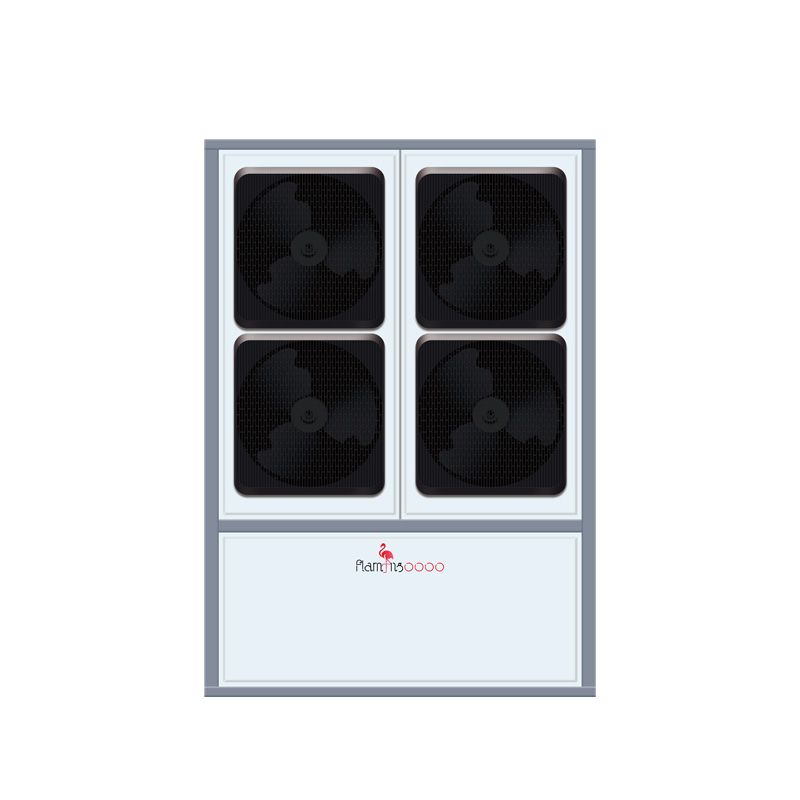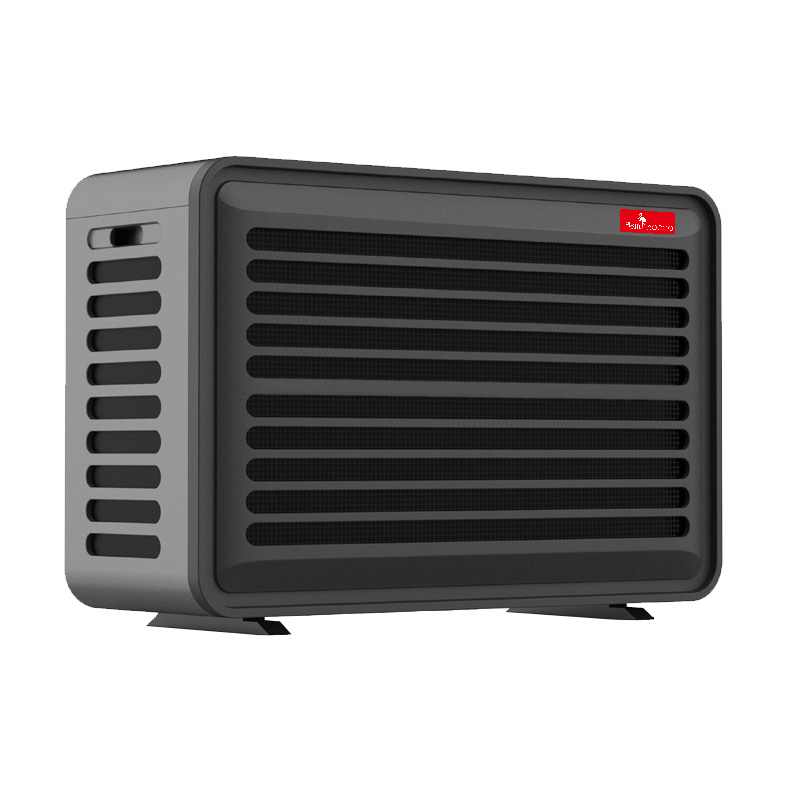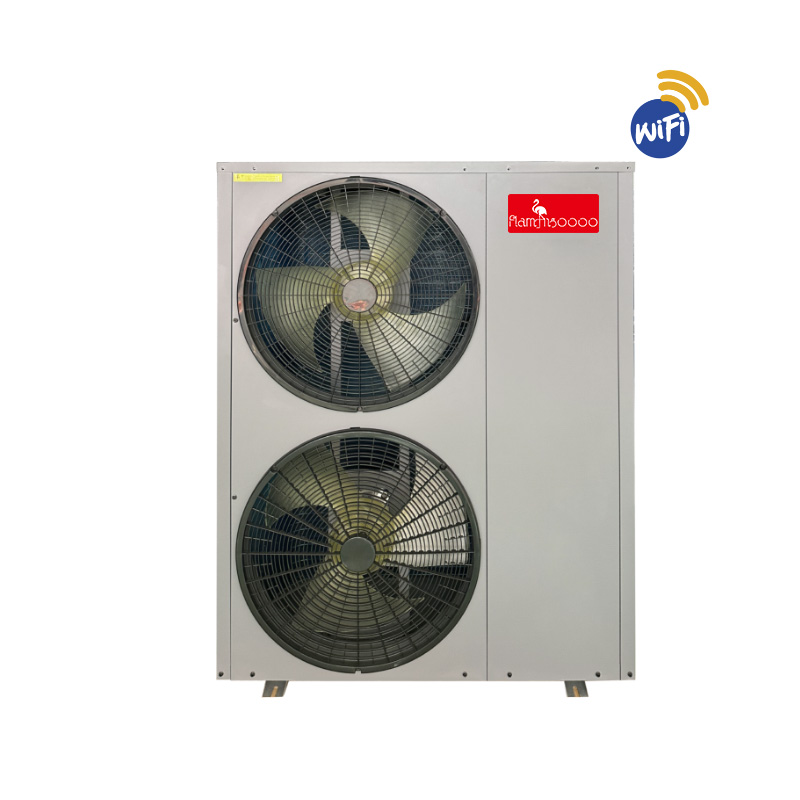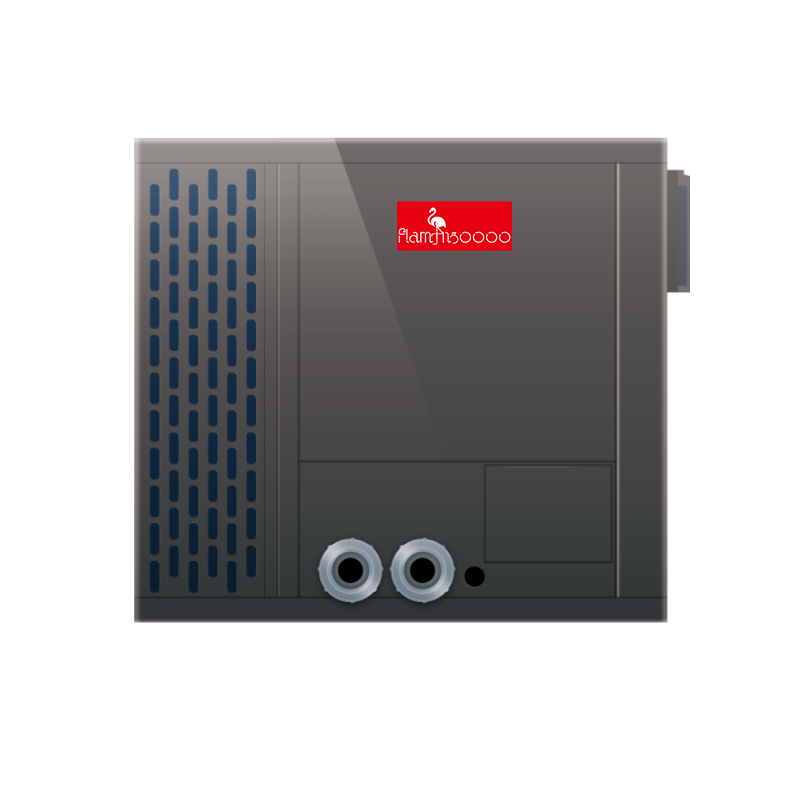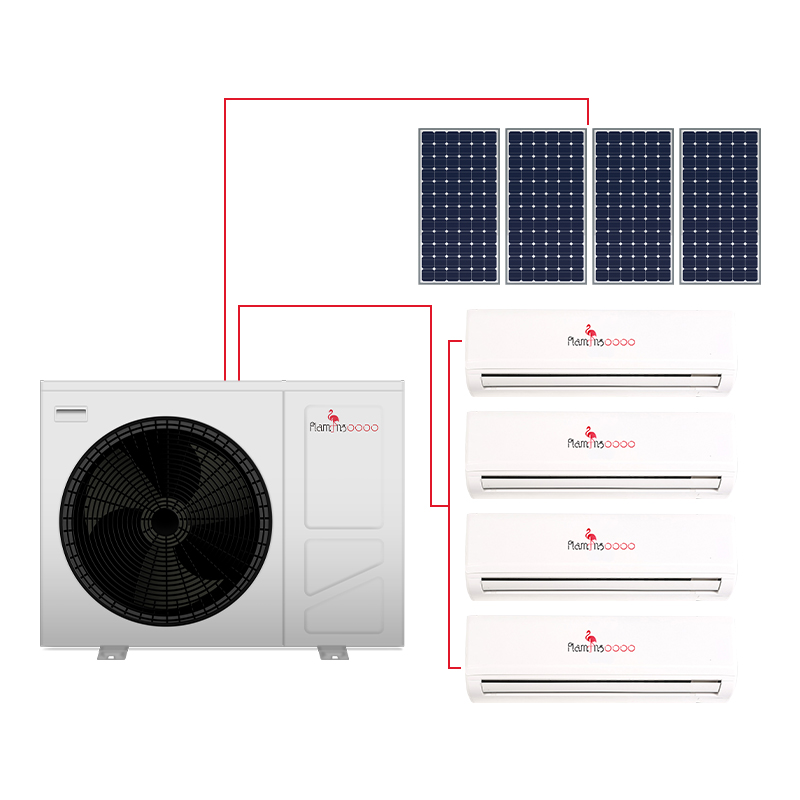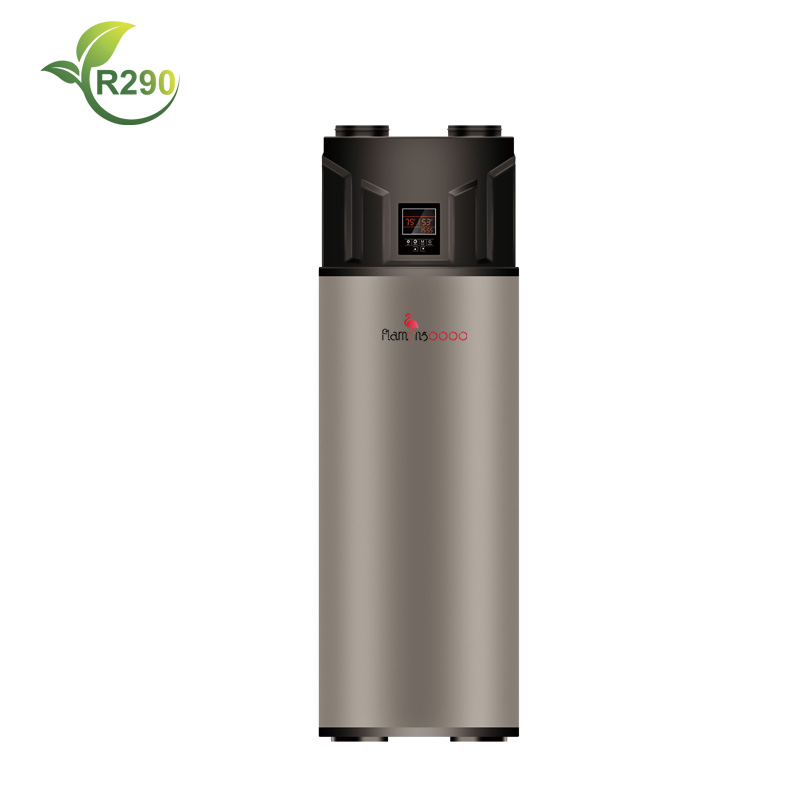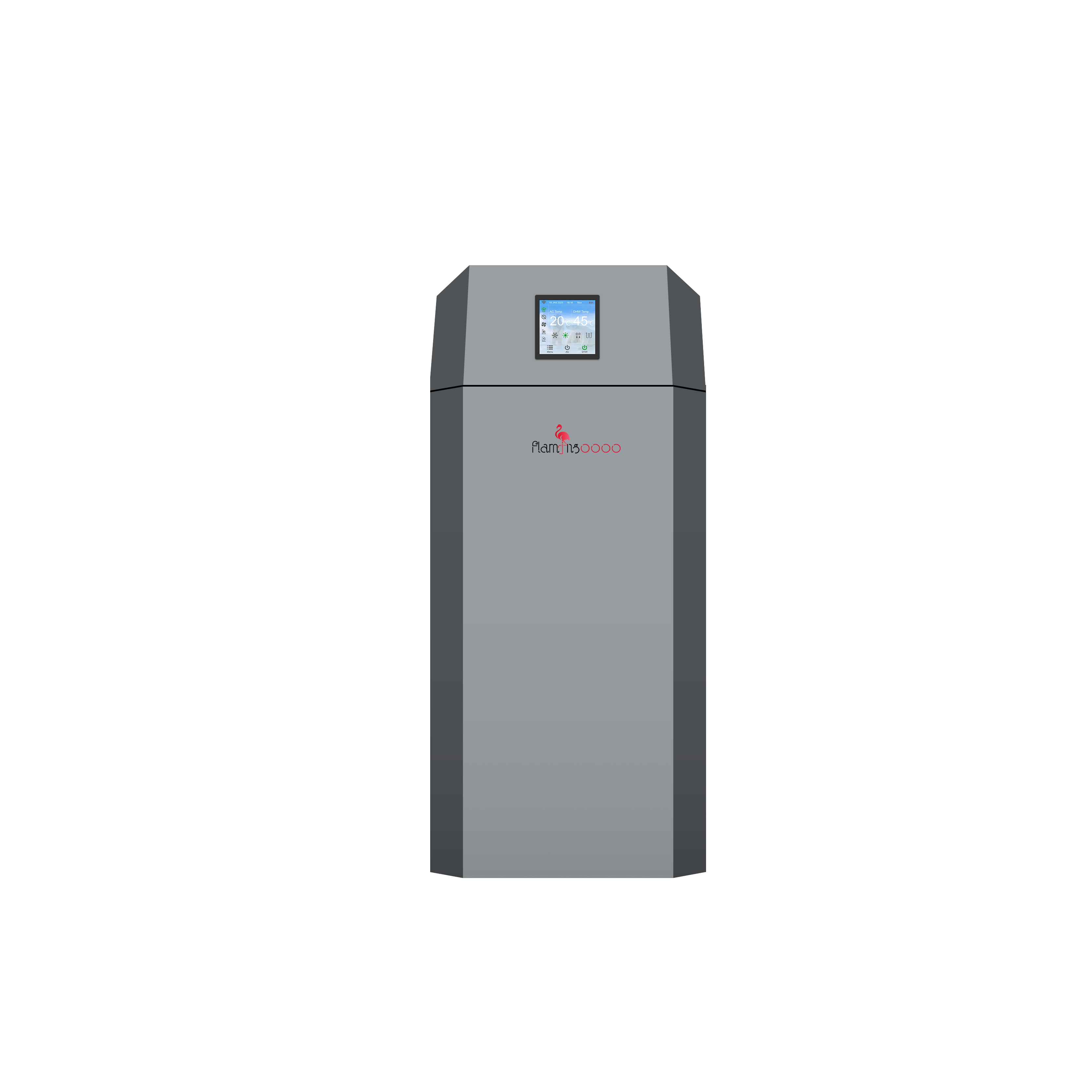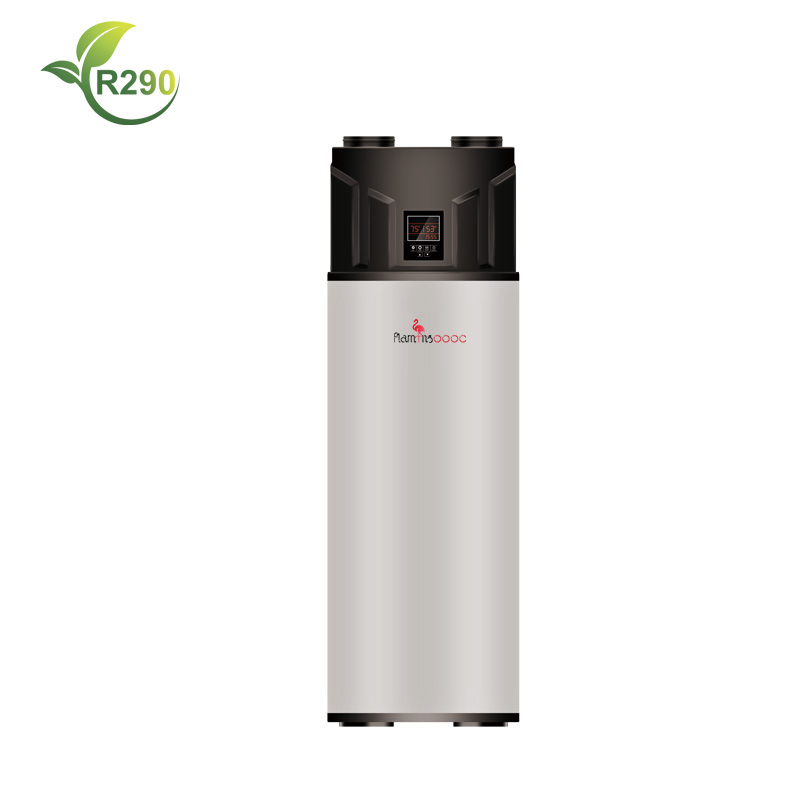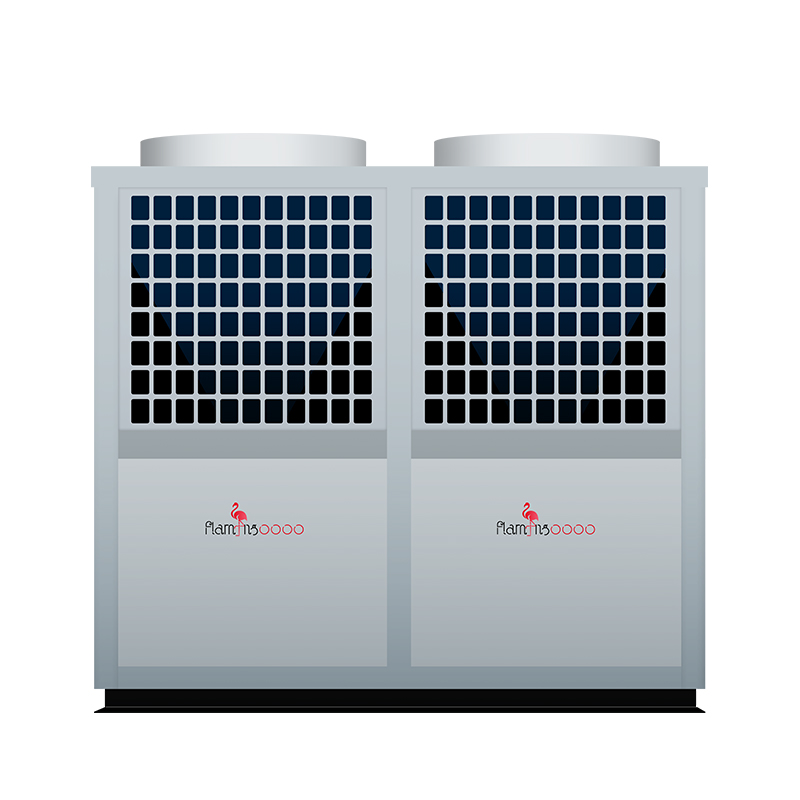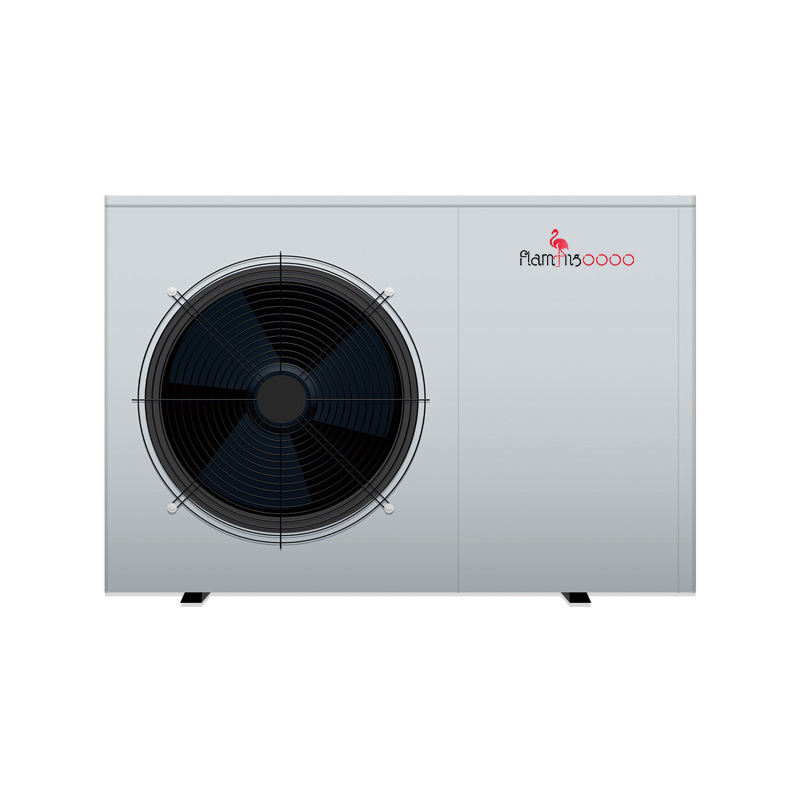Is a Heat Pump Worth the Investment for Your Home’s Energy Needs?
Introduction
As energy costs rise and environmental concerns grow, homeowners are increasingly looking for efficient ways to heat and cool their homes. One technology gaining traction is the heat pump—a system that provides both heating and cooling while consuming less energy than traditional HVAC systems.
But is a heat pump worth the investment? This in-depth guide explores:
✔ How heat pumps work
✔ Costs vs. savings
✔ Environmental benefits
✔ Ideal climates for heat pumps
✔ Government incentives
✔ Long-term ROI
By the end, you’ll know whether a heat pump is the right choice for your home.
1. What Is a Heat Pump and How Does It Work?
The Science Behind Heat Pumps
Unlike furnaces (which generate heat) or air conditioners (which only cool), heat pumps transfer heat from one place to another. They work like a refrigerator but in reverse:
In winter, they extract heat from outdoor air (even in cold climates) and move it inside.
In summer, they remove indoor heat and release it outside, acting as an AC.
Types of Heat Pumps
| Type | Best For | Efficiency |
|---|---|---|
| Air-Source | Moderate climates | High (300-400% COP*) |
| Ground-Source (Geothermal) | Extreme temperatures | Very High (400-600% COP) |
| Ductless Mini-Split | Homes without ductwork | High |
| Hybrid (Dual-Fuel) | Cold climates (pairs with a furnace) | Moderate-High |
*COP (Coefficient of Performance) = Efficiency ratio (e.g., COP 4 = 400% efficiency).
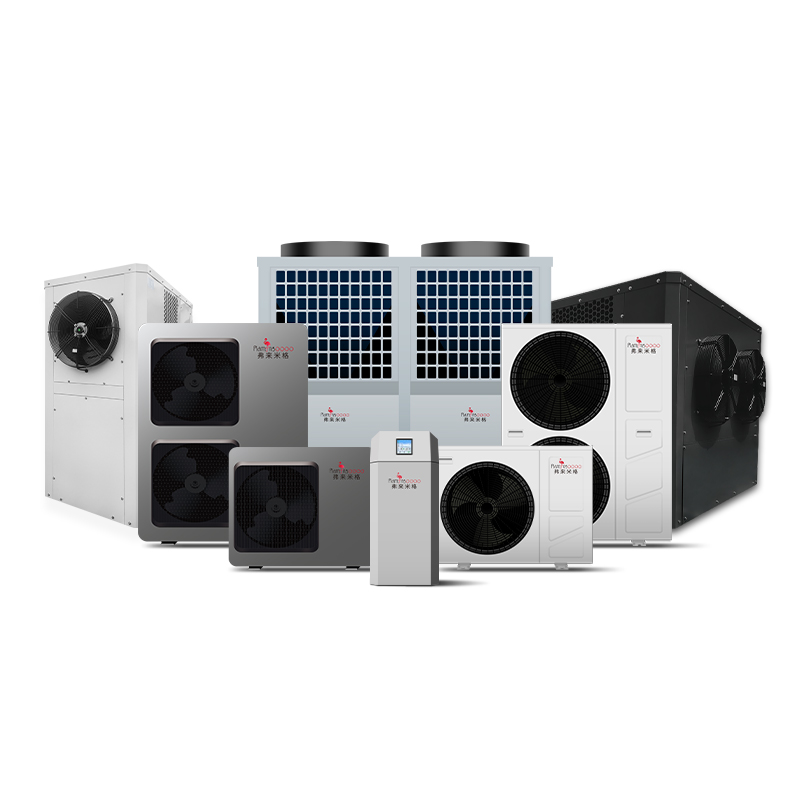
2. Heat Pump Costs vs. Savings
Upfront Costs (Installation & Equipment)
| System | Average Cost (USD) |
|---|---|
| Air-Source Heat Pump | $4,000 – $8,000 |
| Geothermal Heat Pump | $15,000 – $30,000 |
| Ductless Mini-Split | $3,000 – $10,000 |
| Traditional Furnace + AC | $5,000 – $12,000 |
Long-Term Savings
Energy Savings: Heat pumps can reduce heating costs by 30-60% compared to electric furnaces.
Lower Maintenance: Fewer moving parts than furnaces → fewer breakdowns.
Lifespan: 15-20 years (vs. 10-15 for traditional HVAC).
Example Calculation:
If your current heating costs $1,500/year, a heat pump could save $500-$900/year. Over 15 years, that’s $7,500-$13,500 in savings—potentially paying for itself.
3. Environmental Benefits of Heat Pumps
Reduce Carbon Footprint: Since they move heat rather than burn fuel, heat pumps cut CO₂ emissions by 50-70% vs. gas furnaces.
No On-Site Emissions: Unlike gas heaters, they don’t release NOx or carbon monoxide.
Compatible with Renewables: Can be powered by solar/wind energy for a net-zero home.
4. Are Heat Pumps Good for Cold Climates?
Myth: "Heat pumps don’t work in freezing temperatures."
Reality: Modern cold-climate heat pumps operate efficiently at -15°F (-26°C).
Best Options for Cold Regions:
✔ Variable-Speed Compressors (maintain efficiency in low temps)
✔ Hybrid Systems (switch to gas backup below a certain temp)
✔ Geothermal (stable underground temps = consistent performance)
5. Government Incentives & Tax Credits
To encourage adoption, many governments offer rebates:
U.S. (IRA 2022): Up to $2,000 tax credit for heat pumps.
Canada (Greener Homes Grant): Up to $5,000 rebate.
UK (Boiler Upgrade Scheme): £7,500 voucher for heat pumps.
Tip: Check local utility companies for additional discounts.
6. Key Considerations Before Buying
✅ Climate Suitability (Air-source vs. geothermal)
✅ Home Insulation (Poor insulation reduces efficiency)
✅ Existing Ductwork (Ductless vs. central systems)
✅ Upfront Budget vs. Long-Term Savings
7. Conclusion: Is a Heat Pump Worth It?
Yes, if:
✔ You live in a moderate or cold climate (with the right model).
✔ You want lower energy bills & emissions.
✔ You qualify for rebates/tax credits.
No, if:
✖ You have very low electricity costs (e.g., cheap natural gas).
✖ You need a quick, low-cost HVAC replacement.
Final Verdict
For most homeowners, heat pumps are a smart investment—saving money while reducing environmental impact. Advances in technology have made them viable even in freezing climates, and government incentives further improve ROI.
Next Step: Get a free quote from a FLAMINGO to see how much you could save!

